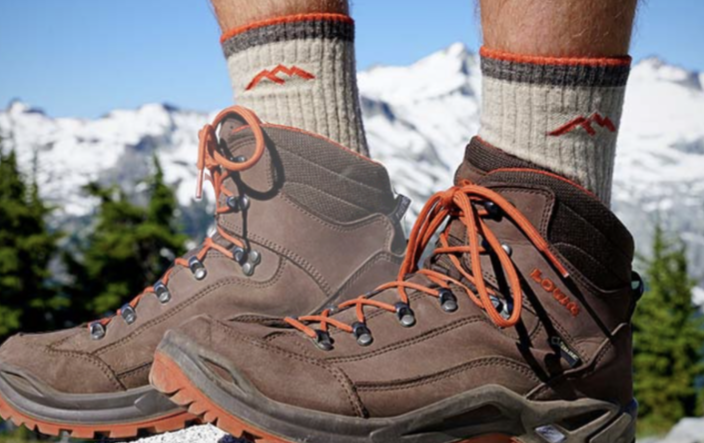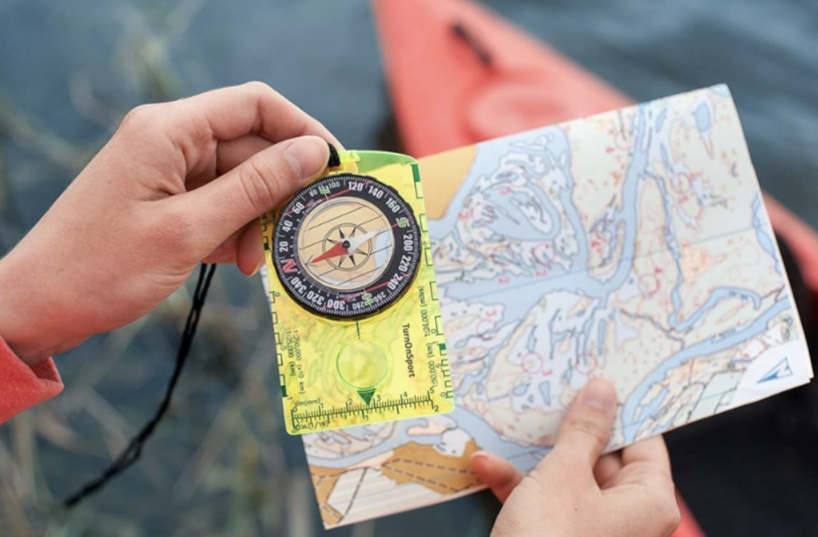Introduction
Hiking is more than just a walk in the woods—it’s an adventure that connects you with nature, challenges your limits, and offers unparalleled serenity and beauty. Whether you’re a novice hiker or a seasoned trekker, mastering the trails requires preparation, knowledge, and the right mindset. This handbook is your guide to making the most out of your hiking adventures, ensuring you are well-prepared, safe, and fully immersed in the experience.
Preparing for Your Hike
Choosing the Right Trail
Selecting the appropriate trail for your skill level is crucial. For beginners, shorter trails with minimal elevation gain are ideal. Experienced hikers might seek out longer, more challenging routes with varied terrain. Research local trails using resources like AllTrails or hiking guidebooks, and consider factors such as distance, difficulty, and scenery.
Gear Essentials

Proper gear enhances your hiking experience and ensures safety. Here’s a checklist of essentials:
- Footwear: Invest in quality hiking boots or shoes that offer support and traction.
- Backpack: A comfortable, sturdy backpack with adjustable straps.
- Clothing: Dress in layers to adapt to changing weather conditions. Opt for moisture-wicking materials.
- Navigation: Carry a map, compass, or GPS device.
- Hydration: Bring enough water to last the entire hike. Consider a hydration bladder for easy access.
- Food: Pack energy-rich snacks like trail mix, energy bars, and fruits.
- Safety Items: Include a first aid kit, multi-tool, flashlight, and whistle.
- Sun Protection: Sunscreen, sunglasses, and a hat.
Physical Preparation
Build your stamina and strength with regular exercise. Incorporate cardiovascular activities like running or cycling, and strength training focusing on your legs and core. Practice hikes with a loaded backpack to simulate real conditions.
On the Trail
Trail Etiquette
Respecting the trail and fellow hikers ensures a pleasant experience for everyone.
- Stay on Marked Trails: Avoid damaging the environment by staying on designated paths.
- Yield to Others: Uphill hikers have the right of way. Step aside to let them pass.
- Leave No Trace: Pack out all trash and minimize your impact on nature.
Safety Tips
- Know Your Limits: Don’t push beyond your physical capabilities. Turn back if necessary.
- Stay Hydrated and Nourished: Regularly drink water and snack to maintain energy levels.
- Be Aware of Wildlife: Maintain a safe distance from animals and do not feed them.
- Weather Awareness: Check the forecast before heading out and be prepared for sudden changes.
Navigation Skills

Familiarize yourself with basic navigation techniques.
- Reading Maps: Understand topographical maps and trail markers.
- Using a Compass: Know how to orient and follow a compass.
- GPS Devices: Learn to use a handheld GPS or smartphone app, but don’t rely solely on technology.
Enhancing Your Experience
Connecting with Nature
Take time to appreciate the surroundings. Observe wildlife, listen to the sounds of the forest, and enjoy the scenery. This mindfulness enhances the hiking experience and promotes mental well-being.
Photography Tips
Capture the beauty of your hike with these tips:
- Golden Hours: Early morning and late afternoon light create stunning photos.
- Rule of Thirds: Position your subject off-center for a balanced composition.
- Include Scale: Show the vastness of landscapes by including people or objects in the frame.
Joining Hiking Groups
Consider joining local hiking clubs or online communities. Group hikes offer companionship, safety, and shared knowledge. It’s also a great way to discover new trails and make friends.
Post-Hike Routine
Cool Down and Stretch
After your hike, take time to cool down and stretch. This helps prevent muscle soreness and promotes recovery. Focus on your legs, back, and shoulders.
Reflect and Record
Keep a hiking journal to document your experiences. Note trail conditions, wildlife sightings, and personal reflections. This can be a valuable resource for future hikes and a way to relive memories.
Plan Your Next Adventure
Use the excitement from your recent hike to plan your next adventure. Gradually increase the difficulty and explore new locations to keep the spirit of adventure alive.
Conclusion
Hiking is a rewarding activity that offers both physical and mental benefits. With the right preparation, gear, and mindset, you can master the trails and create unforgettable adventures. Embrace the journey, respect nature, and enjoy every step of your hiking experience. Happy trails!
Feel free to share this handbook with fellow hikers and encourage others to embark on their own hiking adventures. Stay safe, be prepared, and enjoy the beauty of the great outdoors.


Leave a Reply